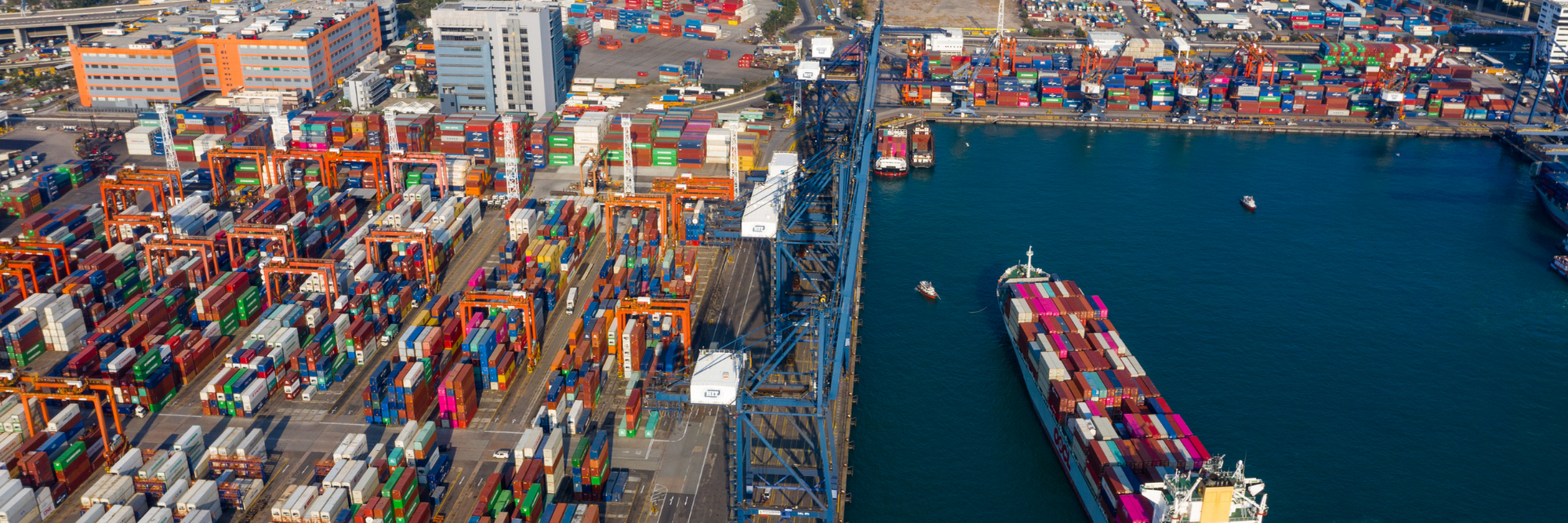Knowledge center
ATIM LAW FIRM
New shipper review procedure in Vietnam
(Please note that this regulation applies to anti-dumping and anti-subsidy investigations in Vietnam)
Anti-dumping and anti-subsidy (counter-vailing) taxes on products imported from the countries under investigation will be the application outcomes after each anti-dumping and anti-subsidy investigation in Vietnam. Separate tax rates will apply to businesses that cooperate in the investigation. Businesses that refuse to comply and engage in the investigation will bear the countrywide tax rate. Enterprises that did not export the product under investigation throughout the investigation period were among them, as these businesses lacked the necessary data to engage in the initial investigation.
This countrywide tax rate has always been the highest in all anti-dumping and anti-subsidy investigations since it is determined using the Vietnam Investigating Authority's aggregate of available unfavorable data. This method appears to be unfair to those companies in the group who did not have any export sales during the investigation period. As a result, once a decision to impose anti-dumping and countervailing duties is made in Vietnam and many other countries, the aforementioned companies have the right to request that the investigating authority undertake an investigation to decide on a separate tax for their case. This procedure is called "New Shipper Review".
Legislation on New Shipper Review
According to the provisions of the Law on Foreign Trade Management 2018 and Decree No. 10/20158/ND-CP issued on January 15, 2018, the new shipper in the case of anti-dumping and anti-subsidy investigation is determined if there is sufficient information on the following factors:
(i) The new shipper does not have a relationship with the producers and exporters of goods currently subject to the anti-dumping or anti-subsidy measures;
(ii) The new shipper actually exported such goods to Vietnam after the period of investigation as determined by the Investigating Authority during the initial investigation;
(iii) The volume or quantity of export to Vietnam as at the time of lodging the file requesting the review must be large enough for the Investigating Authority to determine a reasonable export price.
For criterion (i), the “relationship” to be clarified is the association relationship between companies. Companies are considered to have an association relationship with organizations or individuals producing, exporting or importing goods currently subject to the anti-dumping or anti-subsidy measures in the following cases:
- One party directly or indirectly controls the other;
- All are directly or indirectly controlled by a third party;
- Together directly or indirectly control a third party.
For criterion (ii), the Investigating Authority determines the initial investigation period to be 12 months. Hence, in principle, the new shippers are required to prove that they actually export to Vietnam after the above investigation period. The “after the period of investigation” provision, on the other hand, may encompass a time when an investigation is underway but has not yet yielded conclusions. Exporter/Producer, however, must wait until the decision to impose anti-dumping and anti-subsidy measures takes effect before submitting a review request. For this issue, Vietnam's Trade Remedies legislation provides no explicit direction on the first time a shipment requesting review should be counted. ATIM thinks that if the new shipper ships products to Vietnam after the tax order is issued and their customers in Vietnam are required to pay anti-dumping or anti-subsidy tax at the highest tax rate for that shipment, this criteria appears to be more assured.
According to comparable regulations of the US Department of Commerce (DOC), one of the requirements for obtaining a New Shipper Review is to demonstrate that the export transaction of products subject to current trade remedy tax imported into The United States was a bona fide transaction (genuine). That is, the transaction must fulfill the requirement that it is genuinely exported to the United States and completely independent and has no association with companies that had transactions during the previous investigation period. Similarly, the European Union also imposes two conditions on businesses requesting a review, namely the requirement that there is no relationship with the defendants in the initial investigation and the actual presence of the goods.
For the third criterion (iii), the Anti-Dumping Agreement (ADA), the Agreement on Subsidies and Countervailing Measures of WTO, and Vietnamese local legislation do not define how much a company should export to be considered “large enough” for the purpose of calculating appropriate export pricing. It can be said that this regulation states that the Investigating Authority has complete discretion in defining the calculating rules and techniques for determining the large enough value of the shipment to be evaluated.
Regarding US regulations, the DOC provides guidelines in the Request for Review, and those of the information to be submitted is:
- Determine the time at which the first shipment was consumed in the United States;
- The volume of such first shipment and subsequent shipments, including whether such shipments were made in commercial quantities.
The US investigation authority also did not explain with specific numbers for a "commercial quantity". ATIM believes the regulation on evaluating whether a transaction has a "commercial quantity" is to evaluate if the transaction is performed on the basis of regular commercial relations. Specifically, the DOC will determine if a review request from a so-called exporter or producer is legitimate, depending on the number of products sold from the initial order, resulting in a commercially and reasonably fair supply-demand quantity of subsequent shipments.
Applying such understanding to the provisions on the "large enough" criterion of the Vietnam Investigation Authority, the requesting companies can use their own information sources, through the industry production association to find out the numbers of average export data per year, as well as the assessment of consumer demand in the Vietnamese market, in order to have an appropriate export plan.
New Shipper Review procedures
In general, a new shipper review will be conducted according to the following procedure:
- Exporter/Producer submits dossier of request for review;
- The Investigating Authority shall appraise the request dossier and request the Ministry of Industry and Trade to consider and issue a decision to review;
- The Investigating Authority sends the Review Questionnaire;
- Exporter/Producer subject to review respond to the Review Questionnaire; and
- The Ministry of Industry and Trade issues a conclusion on the results of the review of the new shipper.
The time duration for a new shipper review is three months from the day the review decision is issued. It can be extended once for a period of no more than three months if necessary.
If there is no request for review or the investigation is in progress to calculate such specific tax rate, the goods must nevertheless conform with the countrywide tax rate imposed in the first investigation.
(Do Hong Ngoc - Junior Associate)
 ATIM LAW FIRM
ATIM LAW FIRM
